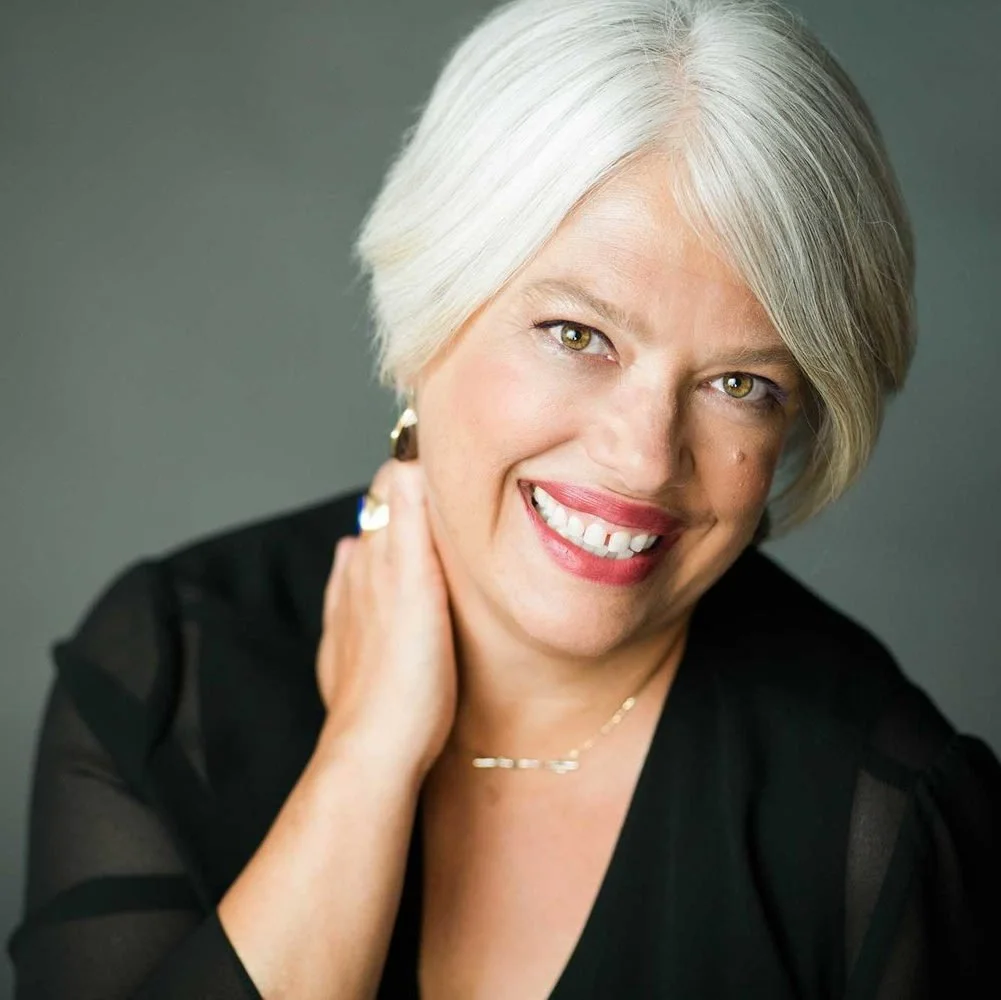Interview with Kathleen Kelly in Working at the Vienna State Opera
It is my pleasure to interview Maestra Kathleen Kelly in person during the Collaborative Piano Institute, which is a summer festival dedicated to collaborative piano. She is the former Music Director at the Vienna State Opera (2010-2013). She talks about her journey from working in opera houses in the United States to the Vienna State Opera. She shares her experiences of the cultural differences between the United States and Austria and the challenges she faced while working there. Kathleen also talks about the value of the art of collaborative piano in the music field and her advice for young pianists.
Can you share your story from working in the United States to the Vienna State Opera?
Kathleen Kelly: It was an offer that came very unexpectedly in the middle of my career. I couldn’t say no to it because I did not expect to have the chance to work in another country in my 40s.
During my student years, I had a Fulbright after my master’s degree to study at the Musikhochschule Lübeck in Germany. Before, I thought that I would get a DMA and become a piano professor. Then, I got over there to play solo piano until I discovered that it wasn’t what I wanted. So, I found a violist, a cellist, and some singers to play chamber music. That’s what I ended up doing for the entire year. After I returned to the United States, I auditioned for the Merola Opera Program and got my first job in San Francisco.
When the offer from Vienna came, I had already worked at various houses in the United States. I was interested in seeing what artistic life would be there. I went for a highly responsible job- the head of the music staff. I’m so glad I did it because I learned so much. The three years I worked there absolutely changed my life.
What are the cultural differences between the United States and Austria?
Kathleen Kelly: When you move to a new country, there are all the things that you can figure out pretty fast, and then there are things that you can’t figure out because of the cultural difference. I would say one of the differences is the professional attitude. For example, in the US, there is the ‘time is money’ culture. If I’m an assistant to my boss, my boss’s time is valuable, and I don’t want to waste it. However, that kind of approach felt very abrupt and rude in Vienna. I am sure it was partially because of my discomfort working in another language. Although I had spent time in Germany, I never would have said that I was a fluent German speaker. Also, it is very exhausting to operate all day in your second language.
The big thing about Vienna is that it’s full of music- all kinds of music: symphonic, opera, art songs, and lots of music that isn’t classical. It’s because of the size of the country, the wealth of the country, and the way that it’s set up. It is everywhere when you look around the streets. It was very inspiring to be in that atmosphere. In Vienna. it’s common for people to connect with music. Not everybody in Austria loves classical music, but I didn’t meet anybody who didn’t passionately love music of some kind.
The Vienna State Opera
What were the challenges that you encountered?
Kathleen Kelly: I am grateful for having this opportunity in the middle of my life, but it was a big challenge. I thought I was ready in some ways for the challenges of that first year, but it was tough. It forced me to be humble and taught me a lot. Before I went there, I had already done a lot of operas and had been working at the Met for 10 years. I had been the head of the music staff in Houston for four years. However, the systems in America and Europe are very different. The Vienna State Opera does more opera than any opera house in the world. I have never worked so hard and have never been so frightened. Also, it taught me that it was harder to be new at something in the middle of your life than when I was 25. Not many people can have that kind of giant new experience in their 40s. I’m really glad that I had it.
What are the differences between the opera worlds in Europe and the United States?
Kathleen Kelly: There are more performances of more pieces in Europe. That means that there are fewer rehearsals in general. For example, we did 52 pieces a year in Vienna, which is probably around 270 nights of opera. So if you have one cast or one production that isn’t good, it doesn’t matter much in the grand scheme of things. If you want to sing opera in Europe, you are going to make sure that you can learn quickly, memorize quickly, and are technically in good shape. The same goes for pianists. If you have a job at a German house, you’ll have a lot of repertoire that you’ll be responsible for. Also, you can be thrown anywhere in the schedule, and you have to be ready for that. That is a typical experience that I’ve heard from a lot of people.
What do you think contributed to your success in holding the position of Director of Musical Studies at the Vienna State Opera?
Kathleen Kelly: I feel like I am a lifelong learner. I have tried to always be at a good level of preparation so that people can trust that I can do the job. But maybe what I have learned the most from the collaborative life is about people and their needs. Also, I think that the advantage of continuing to say yes to new stuff has brought me a lot of success. It’s also brought me a lot of challenges. After all these years, I’m a better teacher, a better colleague, and a better collaborator now.
What do you think is the value of the art of collaborative piano in the music field?
Kathleen Kelly: I sometimes wonder what would happen if all the collaborative pianists went home for a week in every musical organization, university, and conservatory. It is shocking, right? So, we are an integral part of everybody else’s study of music. It’s a necessary part of the greater community of music. In society, people can come together creatively and expressively through music. It’s an integral part of community music-making of any kind.
What advice will you give to young pianists who are building their careers in collaborative piano?
Kathleen Kelly: First, take care of the physical part of your playing. You are going to maximize your piano technique when you’re young. Our bodies and our minds slow down as we age. Prioritise getting a good teacher and make sure that you can play.
Then, seek out partners in the areas that you’re interested in and also outside of those areas. Try to play for instrumentalists and singers, and approach composers and conductors. For example, when you’re in school, go to the conducting program and say “Do you ever need a pianist to play the orchestral reduction?” See if you can get involved in that and let people know that you’re available for that kind of thing. While you’re in school, seek out different experiences as much as you can without working yourself into the ground. It is important to open up your mind to the possibilities of what you’re interested in, as well as what colleagues might be interesting and important to you. One of your biggest jobs is to meet people and maximize the chances that might come into your life that way.



